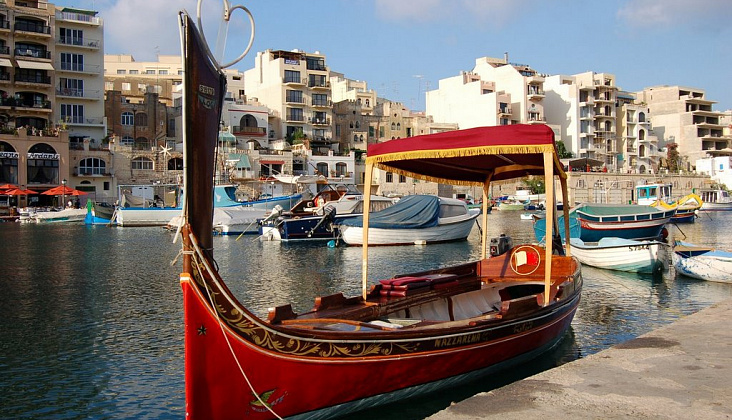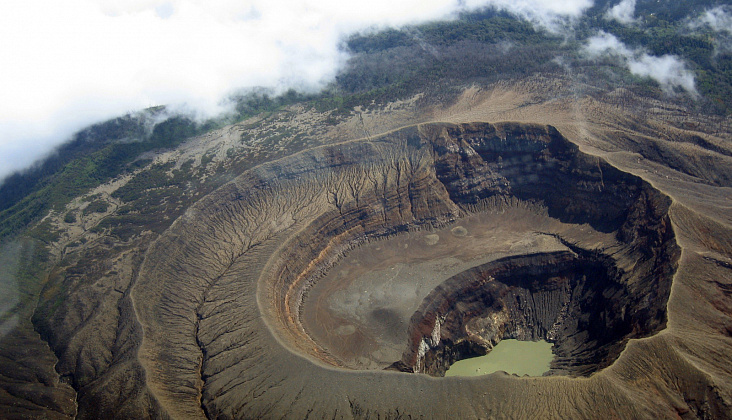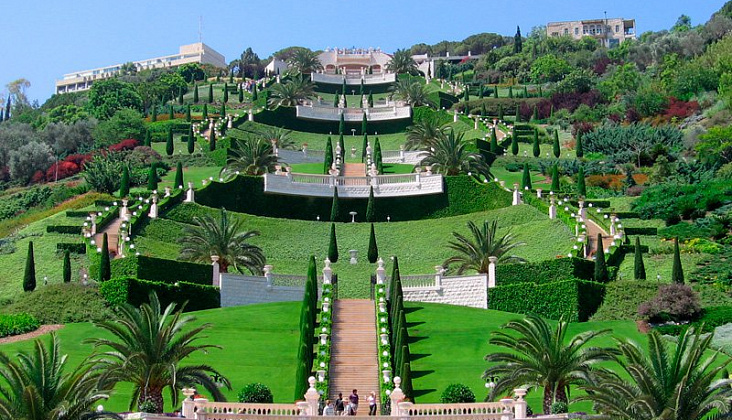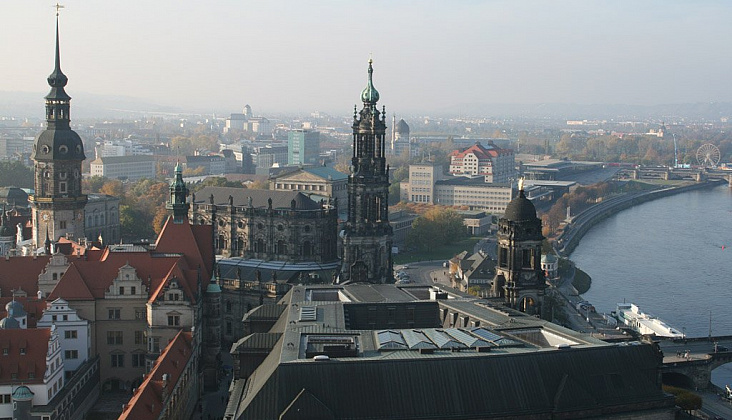Bulgaria is a state in Southeast Europe
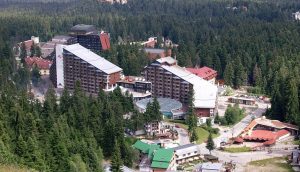 SHOPPING
SHOPPING
Shops are open from Monday to Friday, Saturday – “short day”. Many trade establishments work without days off (in resorts often until 22:00). Food stores are often open around the clock (as evidenced by the sign “Non-stop”).
Clothes with embroidery, linen fabrics, rugs, Rose Valley perfumes, handmade products made of leather, copper and silver are brought from Bulgaria.
WHERE TO STAY
Recently, the hotel fund in Bulgaria is being actively reconstructed, and by the beginning of the season, many hotels are doing cosmetic repairs. Most hotels are 3 * and 4 *. Meals are most often served on the basis of breakfast (buffet).
Most of the ski hotels in Bulgaria recently reconstructed, it is consistent with its “star” and made in the Alpine style.
SEA AND BEACHES
All beaches in Bulgaria are municipal, even the most expensive and pretentious hotels do not have their own beaches. Sun beds and umbrellas on the beaches are paid (about 3-6 euros per day).
Most of the Bulgarian beaches can boast of the “blue flag” of the European Union – a sign of environmental cleanliness.
STORY
The most ancient population of the modern territory of Bulgaria, about which there is reliable information, were the Thracians, Indo-European tribes who lived here at least from the 1st millennium BC. e. By I century BC. e. Thracian lands became part of the Roman Empire and were divided between the provinces of Thrace and Mizia. At the same time, Greek colonies arose on the coast, from which the Thracians as a result adopted the Greek language. After the division of the Roman Empire in 395, into the Western and Eastern provinces, both provinces moved into the Eastern Roman Empire.
C VII century AD Oe., as a result of the Great Migration of Nations, southern Slavs began to settle in the Balkan Peninsula, which gradually assimilated the remnants of the Thracians.
The first state of the Bulgarians, about which accurate historical information was preserved, was Great Bulgaria, a state that united the tribes of the Bulgarians and existed in the Black Sea and Azov steppes for just a few decades. The capital of the state was the city of Phanagoria, and its founder and ruler was Khan Kubrat. The nationals of the state were the various tribes of the ancient Turkic-speaking Bulgarians.
After the death of Kubrat (c. 665), his empire disintegrated, since it was divided between his numerous sons. The Khazars took advantage of this division. Kubrat’s eldest son, Batbayan, remained in the Azov region and became a tributary of the Khazars. Another son, Kotrag, went with his part of the tribe to the right bank of the Don. The third son, Asparuh, under Khazar pressure, went with his horde to the Danube, where he subjugated the local Slavic population, initiating modern Bulgaria – the First Bulgarian Kingdom. The mixing of the Bulgars with the Slavs and the remnants of the local Thracian tribes subsequently led to the emergence of the modern Bulgarian ethnos.
From 1018 to 1186 – Bulgaria under the rule of Byzantium. The Bulgarian church was subordinated to the Patriarch of Constantinople, many noble families were resettled in the Asian part of the empire. The Bulgarians repeatedly raised revolts against Byzantium.
The second Bulgarian kingdom existed from 1187 to 1396.
At the end of the XIV century, Bulgaria was conquered by the Ottoman Empire.
Bulgaria was liberated after the defeat of Turkey in the war with Russia 1877-1878.
Since 1879 – the principality headed by the German Prince Alexander, who was replaced by Ferdinand, from 1908 – an independent kingdom.
In 1912-1913 she participated in the Balkan wars, as a result of which she received, at the expense of the Ottoman Empire, territorial gains in Macedonia and Thrace and access to the Aegean Sea.
In World War I acted on the side of Germany. Having suffered a defeat, lost a significant part of its territory and access to the Aegean Sea (the same in Eastern Thrace and Vardar Macedonia).
In 1923, after the coup, the fascist government came to power.
In March 1941, Bulgaria entered the Berlin Pact of 1940, German troops were brought into its territory, Bulgarian troops took part in the occupation of Yugoslavia. In December 1941, Bulgaria declared war on Britain and the United States.
On September 5, 1944, the USSR declared war on Bulgaria, and the Soviet troops occupied it. The fascist government was overthrown. The new pro-Soviet government declared war on Germany.
September 15, 1946, the People’s Republic of Bulgaria was proclaimed, developing along a socialist path.
November 10, 1989 Peter Mladenov replaced Todor Zhivkova as General Secretary of the BCP. In Bulgaria began a deep economic and political reforms.
Since November 15, 1990 the country is called the Republic of Bulgaria.
From April 2, 2004 Bulgaria to NATO.
From January 1, 2007 Bulgaria entered the European Union.
If a Bulgarian shakes his head from side to side, it means “yes”, and when he nods, or rather, slightly throws it up, it means “no.”
